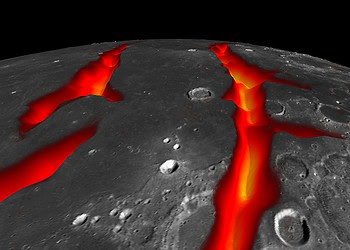Details of some 2000 volcanic eruptions that occurred in the past 1.8 million years are now available in a new open access database, complied by scientists at the University of Bristol with help from the UK, US, Colombia and Japan.

Volcanic eruptions are among the most dangerous natural hazards, having the potential to take numerous lives, significantly impact climate, disrupt air traffic and dramatically alter the surrounding landscapes. Knowledge of past behaviors is often the best way to be prepared for future events – this is what led Dr Sian Crosweller from the Bristol’s School of Earth Sciences to head a team which created the database. The open access database of Large Magnitude Explosive Eruptions (LaMEVE) will provide this crucial information to researchers, civil authorities and the general public alike.
“Magnitude 4 or greater eruptions – such as Vesuvius in 79AD, Krakatoa in 1883 and Mount St Helens in 1980 – are typically responsible for the most loss of life in the historical period. The database’s restriction to eruptions of this size puts the emphasis on events whose low frequency and large hazard footprint mean preparation and response are often poor.”, explained Dr. Crosweller.
Currently, the data includes magnitude, Volcanic Explosivity Index (VEI), deposit volumes, eruption dates, and rock type – the main parameters for describing a volcanic eruption. However, more data will probably be added, especially for the major events. The most important expansion planned for LaMEVE is inclusion of the principal volcanic hazards (such as pyroclastic flows, tephra fall, lahars, debris avalanches, ballistics), and vulnerability (for example, population figures, building type) – details mostly centered around the areas at risk.
Principal Investigator and co-author, Professor Stephen Sparks of Bristol’s School of Earth Sciences said:
“The long-term goal of this project is to have a global source of freely available information on volcanic hazards that can be used to develop protocols in the event of volcanic eruptions. Importantly, the scientific community are invited to actively participate with the database by sending new data and modifications to the database manager and, after being given clearance as a GVM user, entering data thereby maintaining the resource’s dynamism and relevance.”
LaMEVE is publicly available for anyone here. The research paper was published in the Journal of Applied Volcanology, and for more information you can go here.






